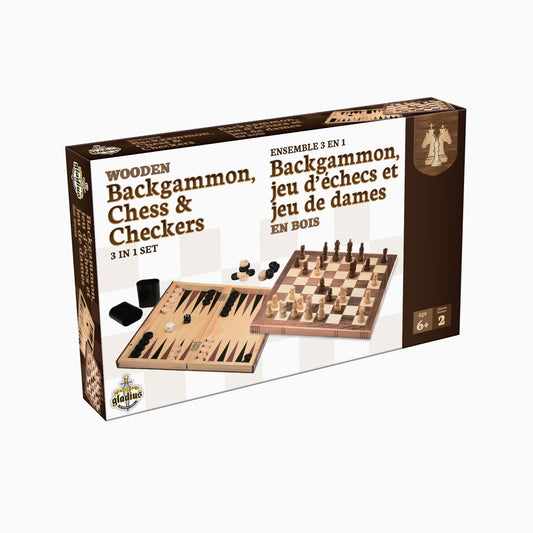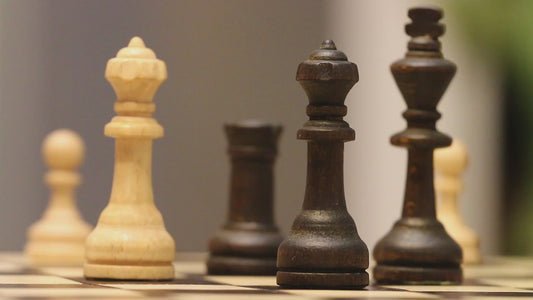
Social development
A little theory ...
Social development concerns a person's ability to enter into and maintain social relationships. The socially competent child will find it easier to cooperate, manage conflicts, communicate and show empathy. It is through social development, among other things, that a child's personality will be shaped by various influences (the people around him, culture). Children's socialization is closely linked to their emotional development. The first social relationships observed in babies are expressions of affection or aggression towards others (caressing, kissing, biting, etc.). Around 18 months of age, the child becomes aware of others, and slightly off-center. He will be observed playing next to a friend, but not with him. Up to the age of three, the foundations of the child's social development are laid, notably through the reinforcement of positive behaviors such as helping someone, consoling a friend, playing gently with a friend. Around the age of 3-4, children begin to enjoy playing with others. They're better at waiting their turn and sharing. At this stage, they are interested in interactive games governed by simple rules. Around the age of 4-5, children develop an attachment to their peers. He enjoys role-playing and is beginning to be able to explain to others the rules of a game he knows. It's at this point that he should be introduced to cooperative games.
How to stimulate development through play?
If we consider that social development is closely linked to emotional and cognitive development, we need to keep in mind the age-related limits of socialization. It's important to offer challenges adapted to the child's level. At all times, you need to multiply the number of play contexts in the presence of peers. Offer opportunities for symbolic play in the presence of friends. He'll learn to communicate. While most games require them to wait their turn, train them early on in this awareness of others by limiting the number of toys available to a group of children (e.g., only one blue car, only one Grubule stuffed toy). This encourages sharing. Finally, ask your child about his friends' interests ("Which game do you think Melody will like best?"). This will introduce your child to the importance of meeting the needs of others.
For more information
Déziel, L. (2011). L'enfant, l'adolescent et le sport de compétition, Éditions Chu Ste-Justine. http://www.amazon.ca/Apprendre-jeux-outils-pour-enseigne/dp/2804149730/ref=sr_1_38?ie=UTF8&qid=1309807346&sr=8-38
Articles on this topic based on...
http://www.naîtreetgrandir.net
http://www.redpsy.com/infopsy/competition.html
CEDJE : http://www.enfant-encyclopedie.com/pages/PDF/cognition_sociale.pdf
Article on this topic based on...
Shaffer, D. (2010). Developmental psychology: childhood and adolescence, Brooks/Cole Publishing Company.
http://www.votre-enfant.com/wiki/Le_d%C3%A9veloppement_psychomoteur_de_l%27enfant_%28partie_1%29




